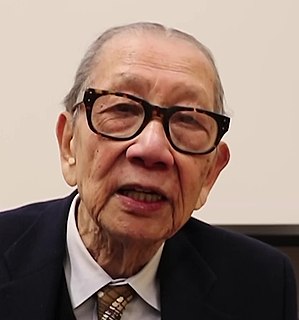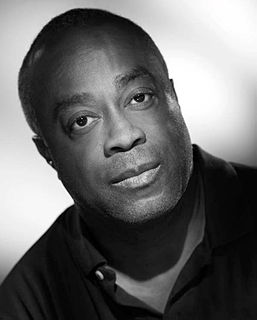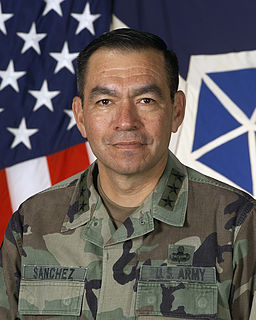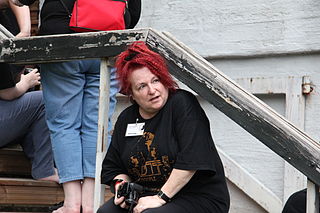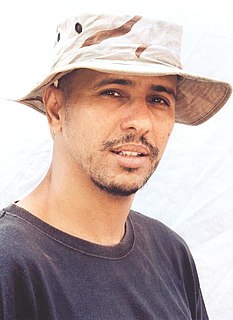A Quote by Eustace Mullins
As Day and other observers had reported, the slaves were leading very comfortable lives. After this tactic [slave rebellions in the South] failed, it became obvious to the conspirators that an actual military invasion was the only solution to their campaign. The merchant bankers of New England, who were directly controlled by the Rothschilds, were no instructed to finance a military attack against the South. Their instrumentality was the already well-known terrorist, John Brown. He was financed by a group famed as "the Secret Six".
Quote Topics
Actual
After
Against
Attack
Bankers
Became
Brown
Campaign
Comfortable
Conspirators
Controlled
Day
Directly
England
Failed
Finance
Group
Had
Invasion
John
John Brown
Known
Leading
Lives
Merchant
Military
New
New England
Observers
Obvious
Only
Other
Reported
Secret
Six
Slave
Solution
South
Tactic
Terrorist
Very
Well
Were
Related Quotes
We South Vietnamese, we are very concerned about the ah, the fact that the communists are - were very shrewd in trying to take advantage of the American presence in South Vietnam to make the propaganda that they were the only one who fought for the independence of the country and against the, only foreigners, first the French and after that the Americans.
Coming from the South and growing up in L.A. where it was so segregated - worse than the South in many ways - all the people in my neighborhood were from the South. So you had that Southern cultured environment. The church was very important. And there were these folk ways that were there. I was always fascinated by these Southern stories, people would share these mystified experiences of the South. I wanted to talk about folklore.
London in the '70s was a pretty catastrophic dump, I can tell you. We had every kind of industrial trouble; we had severe energy problems; we were under constant terrorist attack from Irish terrorist groups who had started a bombing campaign in English cities; politics were fantastically polarized between left and right.
London in the '70s was a pretty catastrophic dump, I can tell you. We had every kind of industrial trouble; we had severe energy problems; we were under constant terrorist attack from Irish terrorist groups who started a bombing campaign in English cities; politics were fantastically polarized between left and right.
The great bulk of the legal voters of the South were men who owned no slaves; their homes were generally in the hills and poor country; their facilities for educating their children, even up to the point of reading and writing, were very limited; their interest in the contest was very meagre--what there was, if they had been capable of seeing it, was with the North; they too needed emancipation.
In the aftermath of the terrorist attacks of September 11, 2001, I watched helplessly as the Bush administration led America into a strategic blunder of historic proportions. It became painfully obvious that the executive branch of our government did not trust its military. It relied instead on a neoconservative ideology developed by men and women with little, if any, military experience. Some senior military leaders did not challenge civilian decision makers at the appropriate times, and the courageous few who did take a stand were subsequently forced out of the service.
It's always intrigued me that amidst the group called slaves there were individuals who were extremely able, who were extremely colorful, who were powerful personalities, who by no means fit the usual images of slaves. They were people who, through their personalities and abilities, were very respected in the community where they lived by both black and white.
South Korea from a country that had relatively little primary education became close to universal literacy in the course of 25, 30 years, in a way trying to replicate what Japan had done earlier. They were learning to some extent from the Japanese experience too. So I think, in a sense, the East Asians were following a path, which all other countries including South Asia could follow but chose not too.

